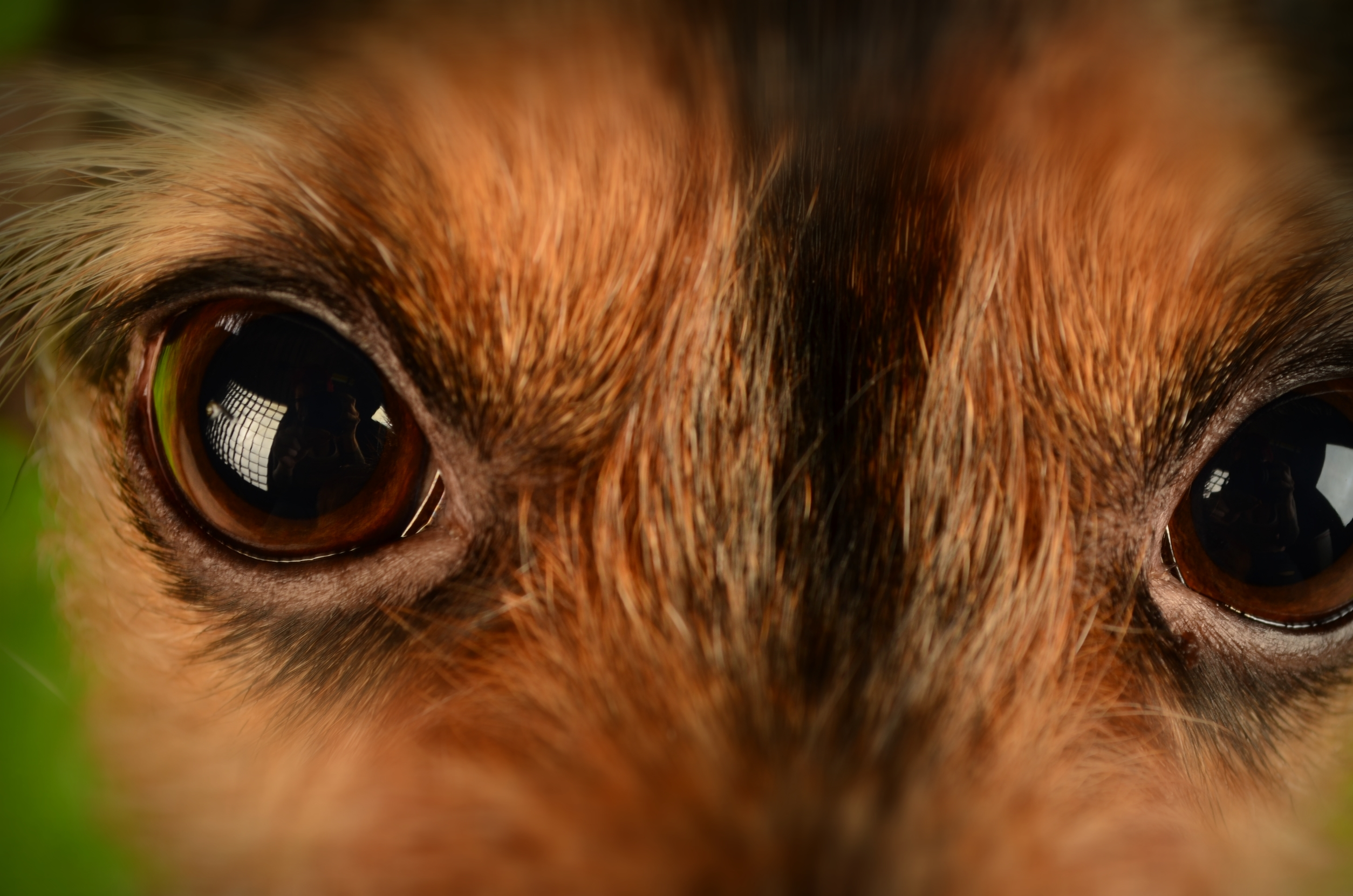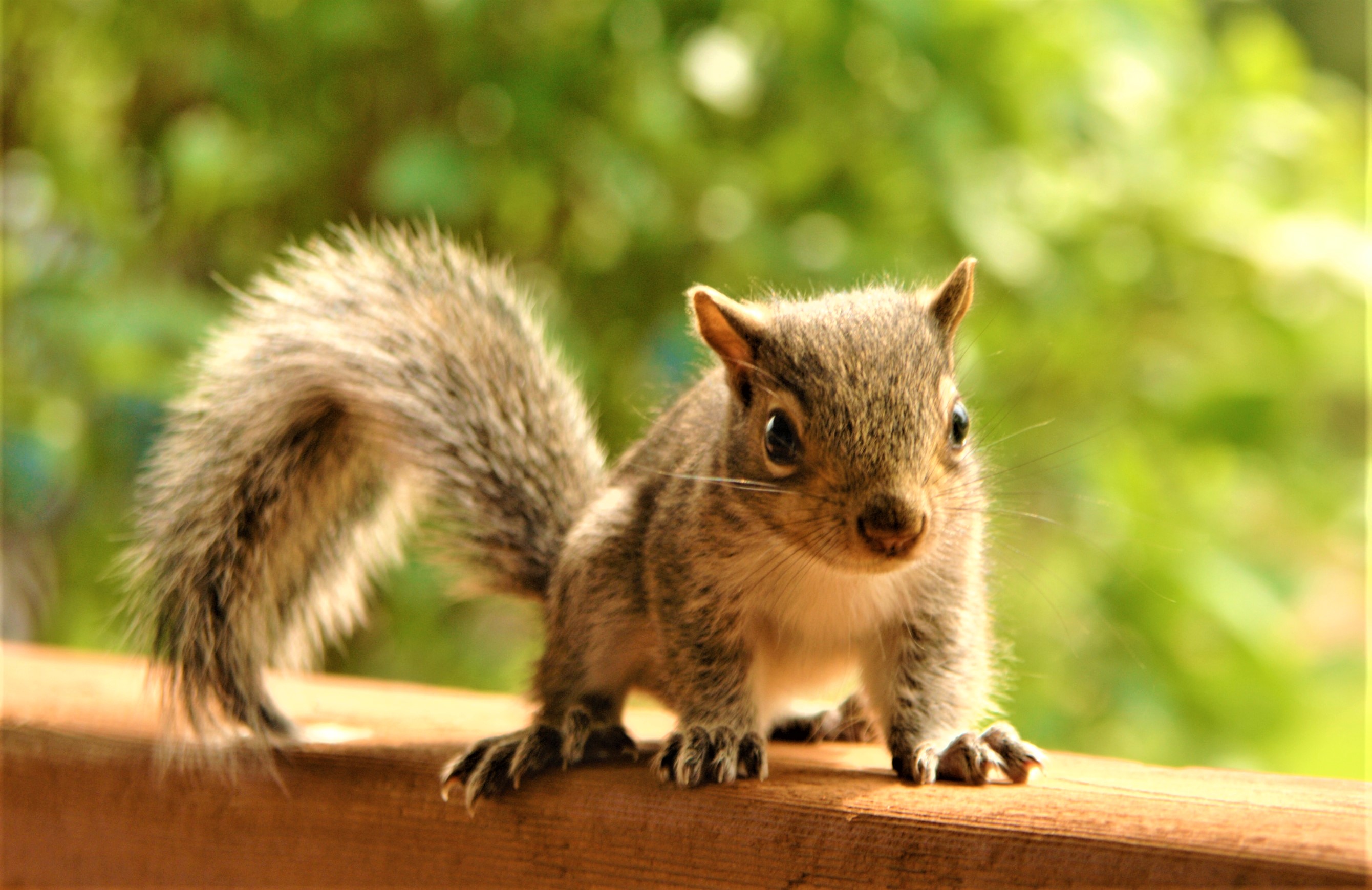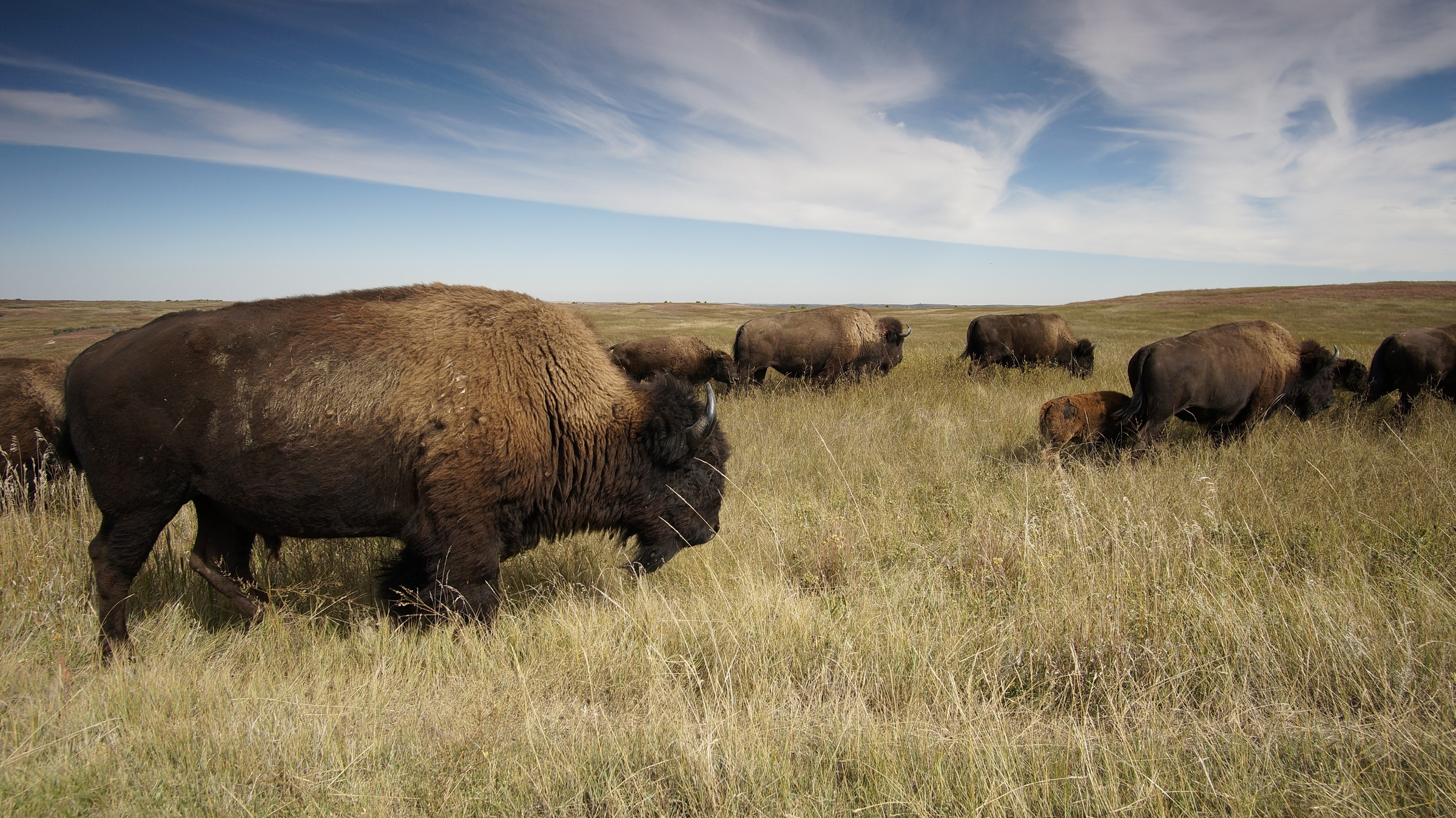Research
Intuitive Interspecies Communication (IIC): What is it?
IIC occurs across many cultures and is growing in use in contemporary wildlife rehabilitation and conservation, with domestic animals, and in veterinary care. It is also often used for resolving human-animal conflicts. Illustrations of IIC are reported across many fields and cultures, but it is currently under-researched2.
Our working defintion of Intuitive interspecies communication (IIC) is as follows:
"IIC presents as a detailed, non-verbal and non-physical form of communication between humans and other animals. Drawing on a diversity of intuitive capacities, IIC includes the mutual exchange of visceral feelings, emotions, mental impressions and thoughts, embodied sensations of touch, smell, taste, sound, as well as visuals in the mind’s eye. While these exchanges can occur while in direct physical proximity to the animal, they can also occur over great distances and without the need for visual, auditory, olfactory, voice or other cues that humans normally associate with direct interactive communication" (Barrett et al. 2021, p. 151).
1for simplicity of language, we use the word ‘animal’ to represent animals who are other-than-human.
2At this time, we are focusing on animal-human IIC, but the phenomenon is also known to be linked to interactions with plants and other beings of the land, water and skies.
Download our paper: Barrett, M.J., Hinz, V., Wijngaarden, V. & Lovrod, M. (2021). ‘Speaking’ with Other Animals through Intuitive Interspecies Communication: Towards Cognitive and Interspecies Justice'. In Eds. Alice Hovorka, Sandra McCubbin and Lauren Van Patter. A Research Agenda for Animal Geographies, Chapter 10. UK: Edward Elgar Publishing Ltd.
Or watch the short video summarizing key points of the paper here.
Relationships
- Transforming animal-human relationships;
- Expanding respect for and understanding of animals and their capacities;
Multiple Ways of Knowing
- Practical response to increasing calls for research methods that include animals’ perspectives;
- Expanding understandings of who animals are (ontology of the animal);
Transformative Sustainability
- Increasing connection to and respect for those who are not human;
- Contributions to “reconciliation with Earth” (Truth and Reconciliation Commission of Canada Summary Report, 2015, p. 18);
Implications for Policy and Practice
- Doing research with animals rather than on them;
- Developing processes for asking consent from animals to participate in research and other activities;
- Potential for transformative comprehension of traditional Indigenous understandings of animals.
We don’t actually know how this works yet so that’s why we are studying it. To understand the nature of the phenomenon and its dynamics, we first need to build in-depth knowledge about IIC from the perspective of those who do it regularly. Through comprehensive interviews and analysis of IIC consultation sessions conducted by experienced professional animal communicators, doctoral candidate Viktoria Hinz is seeking to gain an in-depth understanding of what animal communicators do and experience as they engage in intuitive exchanges with animals.
Using a case study approach, master's student Sydney Kuppenbender addressed the question: how are animal communicators (ACs) engaging with wildlife? Kuppenbender's research provides a basis for understanding diverse ways professional animal communicators work with wildlife -- knowledge she will bring to Indigenous Elders, land managers and community members as well as academic audiences. You can find more about Sydney and her research here.
At a later time, when funding is in place, we would love to develop a study examining animals’ perspectives on IIC.





